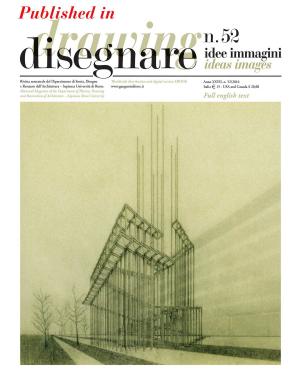British sociology today
Published in Sociologia n. 2/2017. Rivista quadrimestrale di Scienze Storiche e Sociali. Un contributo dell’Istituto Luigi Sturzo alla rinascita della Sociologia in Italia
Nonfiction, Social & Cultural Studies, Social Science, Sociology| Author: | Thomas H. Marshall | ISBN: | 9788849249064 |
| Publisher: | Gangemi Editore | Publication: | November 28, 2017 |
| Imprint: | Gangemi Editore | Language: | English |
| Author: | Thomas H. Marshall |
| ISBN: | 9788849249064 |
| Publisher: | Gangemi Editore |
| Publication: | November 28, 2017 |
| Imprint: | Gangemi Editore |
| Language: | English |
British sociology was, as is well known, a rather backward child. To be more precise it was not so much a late starter as a slow developer. Its beginnings can be traced back a least to the 18th century, with the remarkable suveys directed by Eden and Sinclair, the original studies of social institutions by Adam Ferguson and John Millar, and – to make picture complete – the sociological angles found in the major works of Hume, Adam Smith and Malthus. The 19th century landscape is dominated by the lonely peak of Herbert Spencer, around which, however, flowed many streams of sociological thought, emanating from historians, philosophers, economists and lawyers who did not expressly identify themselves with the new science of society but nevertheless contributed significantly to its evolution; one thinks of Bentham, Mill, Maine and of the little known work of the National Association for the Promotion of Social Science; and, at the turn of the century of Dicey, Vinogradoff and James Bryce. At the same time appeared the figures whose writings and teaching were to set their stamp on British sociology for many years to come – Booth and Rowntree advancing along the path opened up by Eden and Sinclair, and Hobhouse attacking the basic problems explored by Ferguson and Millar from a new angle reminiscent of the earlier writings of Hume and Adam Smith on religion and morals.
British sociology was, as is well known, a rather backward child. To be more precise it was not so much a late starter as a slow developer. Its beginnings can be traced back a least to the 18th century, with the remarkable suveys directed by Eden and Sinclair, the original studies of social institutions by Adam Ferguson and John Millar, and – to make picture complete – the sociological angles found in the major works of Hume, Adam Smith and Malthus. The 19th century landscape is dominated by the lonely peak of Herbert Spencer, around which, however, flowed many streams of sociological thought, emanating from historians, philosophers, economists and lawyers who did not expressly identify themselves with the new science of society but nevertheless contributed significantly to its evolution; one thinks of Bentham, Mill, Maine and of the little known work of the National Association for the Promotion of Social Science; and, at the turn of the century of Dicey, Vinogradoff and James Bryce. At the same time appeared the figures whose writings and teaching were to set their stamp on British sociology for many years to come – Booth and Rowntree advancing along the path opened up by Eden and Sinclair, and Hobhouse attacking the basic problems explored by Ferguson and Millar from a new angle reminiscent of the earlier writings of Hume and Adam Smith on religion and morals.















